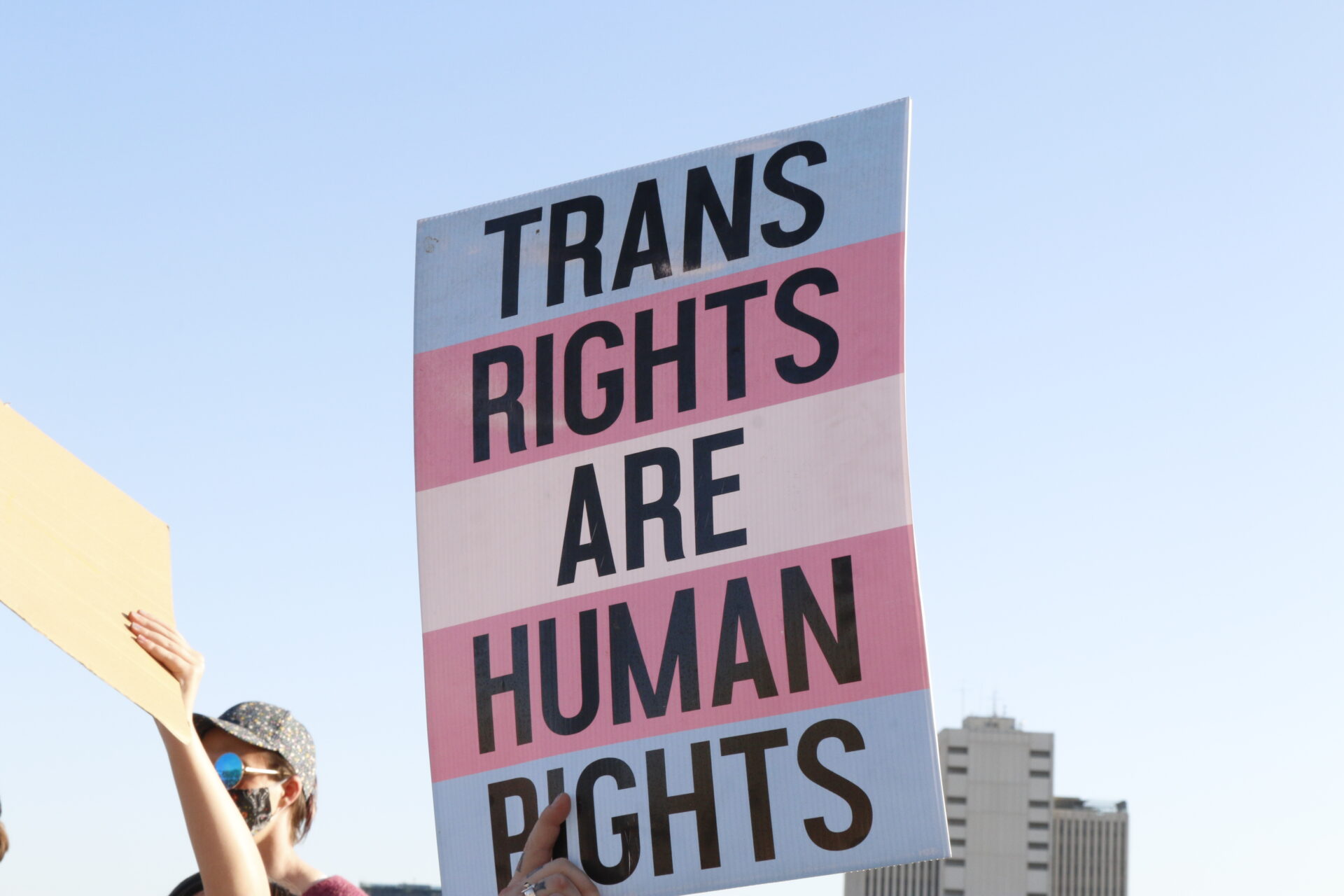
The families of two young transgender girls filed a lawsuit in an effort to let the students compete in their gender-identified sports after the veto override of HB11. The veto decision bans transgender girls from competing against other school teams in female designated sports.
These two young transgender girls were denied the ability to compete in women’s sports after Utah Legislature overrode Gov. Spencer Cox’s veto on HB11 in March. Legislators said they created the bill to protect female athletes and keep the sports fair.
In response to the veto, the families filed a lawsuit on May 31 against the Utah High School Athletic Association, the Granite School District and the State of Utah.
The two families are being represented by the National Center for Lesbian Rights, the American Civil Liberties Union of Utah, former Utah Supreme Court Chief Justice Christine Durham and former Supreme Court Justice Deno Himonas.
According to Shannon Minter, one of the lawyers representing the families, it wasn’t an easy choice for the two girls and their families to file the lawsuit as they were distressed when the veto was overridden.
According to Minter, the two families had to decide whether they were okay with their children participating in a long and draining lawsuit, as it could take years to settle. However, they were motivated by love and concern for their children to go through with the process.
“Somebody has to challenge the law and somebody has to stand up and be willing to do that,” Minter said. “We’re very grateful to them for being willing to take that burden on.”
Jenny Roe and Jane Noe, pseudonyms given to protect the girls’ identities, had found enjoyment and positive experiences participating in their sports. Minter said this was a central and important part of their lives they can no longer participate in.
The legal team for the transgender girls are hoping to get a preliminary injunction on the bill before the law goes into effect on July 1. The case will then proceed and will possibly go to trial.
Minter said he feels the law that was passed is not only unfair but discriminatory, and added that laws like HB11, which exclude an entire group of people, are rare.
“It’s very hard to justify (this) kind of law,” he said. “I mean if you think about it, it’s unusual really.”
Minter said that the law assumes the girls’ athletic ability based on their biological gender. However, the two young girls have undergone puberty blockers to hinder the development of testosterone.
According to Minter, these blockers take away any sex-linked physical advantage the girls could have.
“I mean, they don’t have any more athletic ability than any other girl,” he said. “There’s just no reason to exclude them other than pure discrimination.”
Because of the policy, the plaintiffs of this case are unable to comment on the ongoing litigation. However, a statement was released on May 31 from two Utah senators who sponsored the bill.
The statement from Sen. Curt Bramble, R-Wasatch and Sen. Dan McCay, R-Salt Lake was a response to the lawsuit which expresses their reasoning behind the bill and how they stand by their decisions.
“All kids deserve fair opportunities; however, we must acknowledge the fact that biological boys and girls are built differently,” Bramble said.
The Utah senators said it is the responsibility of the legislature to protect the integrity and competition of women’s sports.
“It is our responsibility as lawmakers to pass legislation that ensures women still have a place in their sport,” McCay said.
Transgender athletes can still compete in sports against their same biological gender, but according to Minter, they also become subject to harassment and exclusion.
“This is not any type of solution,” Minter said. He and the rest of the legal team representing the transgender girls believe there are other solutions to protect these young teenagers and women’s sports.




